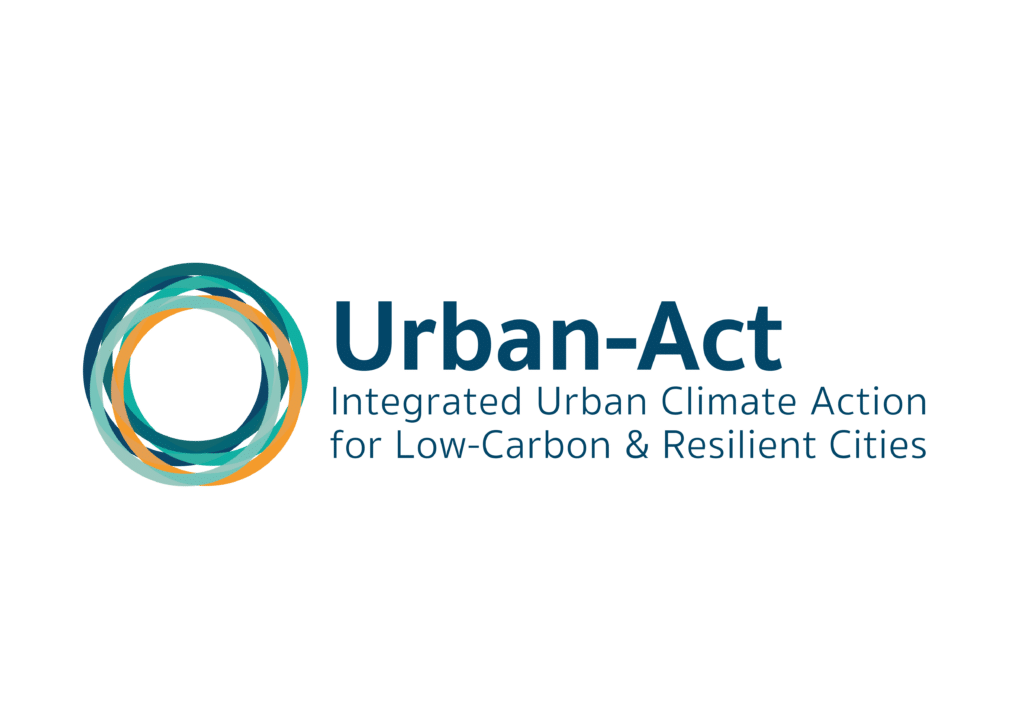The Asia-Pacific region is experiencing rapid urbanisation and more than 3 billion people are expected to live in cities by 2050. Urban areas contribute to 75% of energy-related greenhouse gas emissions, and this share is expected to further increase. Asian cities also face growing climate change impacts, posing risks to the population, environment, and local economy.
While Urban-Act partner countries in China, India, Indonesia, Philippines, and Thailand are committed to their Nationally Determined Contributions (NDCs) and national urban policies, there are still barriers in managing a successful transition to sustainable and climate-friendly urban development. Challenges include ineffective coordination, limited access to climate information, and insufficient capacities for identifying solutions, preparing climate actions, and accessing finance.
The project in the Philippines, Thailand, and China, is dedicated to practical, evidence-based, and inclusive urban and mobility planning that considers the climate. Collaborating closely with government bodies, pilot cities, and essential stakeholders, the project aims to integrate climate considerations into the development of low-carbon, resilient transport plans.
In the Philippines, the project dives into preparation of local spatial and transport plans, with a keen focus on the Local Public Transport Route Plan. Its goals include developing inclusive and eco-friendly transport systems, as well as integrating climate change aspects into the urban development planning of partner cities through Comprehensive Development Plans (CDP) and Comprehensive Land Use Plan (CLUP) guidelines.
For Thailand, transport focused activities of the project prioritise the integration of Sustainable Urban Mobility Planning into transport planning tools and strategies together with the enhancement of capacities within national and sub-national planning authorities to foster resilient and climate-oriented transport infrastructure development, including the introduction of nature-based solutions as an effective climate adaptation measure.
In China, the project actively supports the local governments in the city of Xiamen, with an emphasis on low-carbon and resilient urban transport planning as well as its monitoring and assessment approaches. Moreover, serving as the knowledge partner, the China component of the project is to share the best practices learning from the ongoing research, in particular on the development of an effective indicator system and other planning tools within spatial frameworks.

You are currently viewing a placeholder content from X. To access the actual content, click the button below. Please note that doing so will share data with third-party providers.
More Information